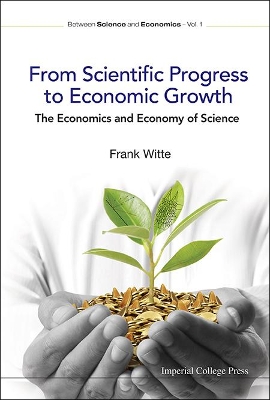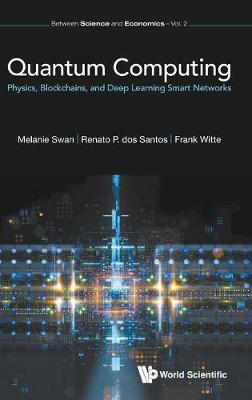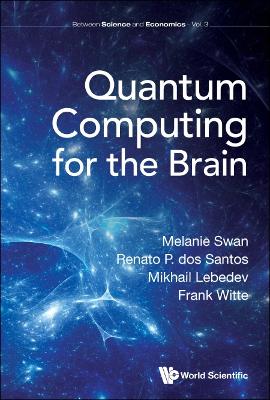Between Science And Economics
3 primary works
Book 0
From Scientific Progress To Economic Growth: The Economics And Economy Of Science
by Frank Witte
Published 28 February 2023
The past few centuries have seen an enormous increase in living standards in many parts of the world and these economies have become more complex than ever before. At the same time, progress in science and technology has reached unprecedented heights, taking us far beyond the wildest dreams of a few generations ago. Questions as to how science, technology and the economy interact are pertinent and important ones, whose partial answers require a view “from across the fence” between disciplines.This book provides an introduction to the vast and varied field of the economics of science. It is a unique blend of an economic perspective on the way science works, what makes scientists tick, and a study of the impact of scientific and technological progress on economies and their growth. Whether it is about the speculative market of ideas or science and technology as engines of the economy, there is something here for economists, engineers and scientists alike.
Book 2
Quantum Computing: Physics, Blockchains, And Deep Learning Smart Networks
by Melanie Swan, Frank Witte, and Renato P Dos Santos
Published 3 April 2020
Quantum information and contemporary smart network domains are so large and complex as to be beyond the reach of current research approaches. Hence, new theories are needed for their understanding and control. Physics is implicated as smart networks are physical systems comprised of particle-many items interacting and reaching criticality and emergence across volumes of macroscopic and microscopic states. Methods are integrated from statistical physics, information theory, and computer science. Statistical neural field theory and the AdS/CFT correspondence are employed to derive a smart network field theory (SNFT) and a smart network quantum field theory (SNQFT) for the orchestration of smart network systems. Specifically, a smart network field theory (conventional or quantum) is a field theory for the organization of particle-many systems from a characterization, control, criticality, and novelty emergence perspective.This book provides insight as to how quantum information science as a paradigm shift in computing may influence other high-impact digital transformation technologies, such as blockchain and machine learning. Smart networks refer to the idea that the internet is no longer simply a communications network, but rather a computing platform. The trajectory is that of communications networks becoming computing networks (with self-executing code), and perhaps ultimately quantum computing networks. Smart network technologies are conceived as autonomous self-operating computing networks. This includes blockchain economies, deep learning neural networks, autonomous supply chains, self-piloting driving fleets, unmanned aerial vehicles, industrial robotics cloudminds, real-time bidding for advertising, high-frequency trading networks, smart city IoT sensors, and the quantum internet.
Book 4
Quantum Computing For The Brain
by Melanie Swan, Renato P Dos Santos, Mikhail A Lebedev, and Frank Witte
Published 22 June 2022
Quantum Computing for the Brain argues that the brain is the killer application for quantum computing. No other system is as complex, as multidimensional in time and space, as dynamic, as less well-understood, as of peak interest, and as in need of three-dimensional modeling as it functions in real-life, as the brain.Quantum computing has emerged as a platform suited to contemporary data processing needs, surpassing classical computing and supercomputing. This book shows how quantum computing's increased capacity to model classical data with quantum states and the ability to run more complex permutations of problems can be employed in neuroscience applications such as neural signaling and synaptic integration. State-of-the-art methods are discussed such as quantum machine learning, tensor networks, Born machines, quantum kernel learning, wavelet transforms, Rydberg atom arrays, ion traps, boson sampling, graph-theoretic models, quantum optical machine learning, neuromorphic architectures, spiking neural networks, quantum teleportation, and quantum walks.Quantum Computing for the Brain is a comprehensive one-stop resource for an improved understanding of the converging research frontiers of foundational physics, information theory, and neuroscience in the context of quantum computing.


